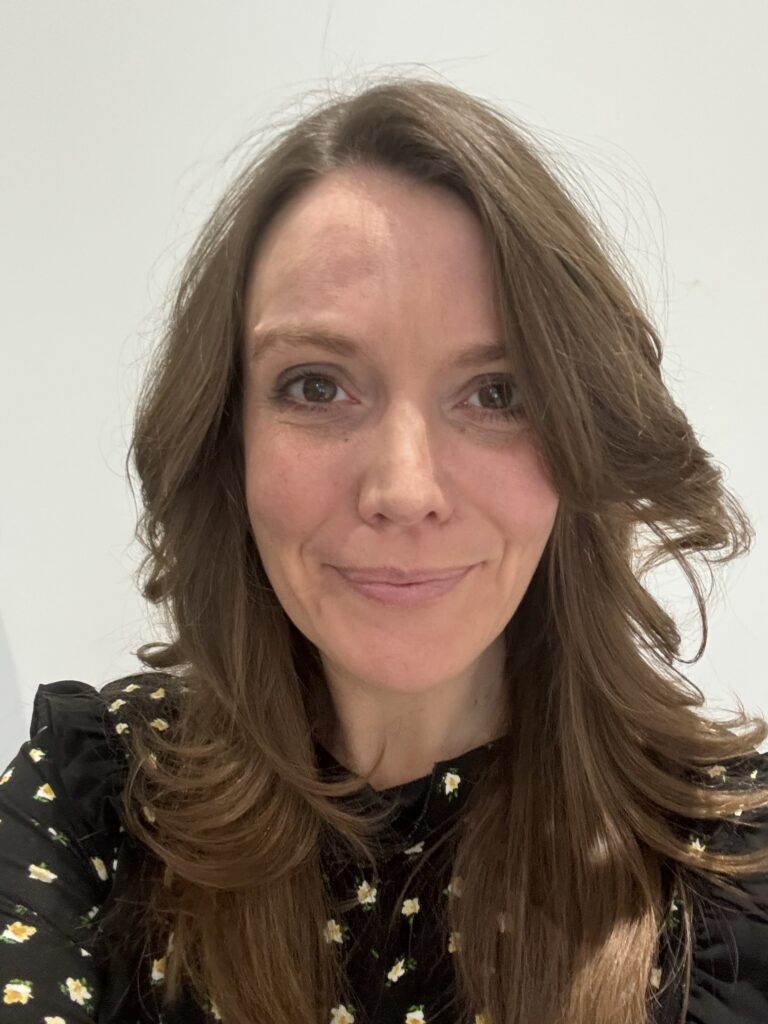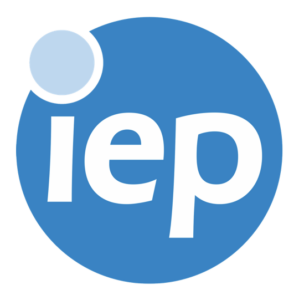
Caroline has forged her career in roles dedicated to supporting vulnerable and struggling people/communities and is a passionate advocate of those with no voice. She spent the first 10 years of her career in London local/regional government at Greenwich and Islington Councils; and a 4-year stint at the London Development Agency where she developed, procured, and managed a number of large-scale employment, skills and business support programmes in East London in the years preceding the London Olympics. Over the last 13 years Caroline has further developed her career on the other side of the fence, developing a reputation as a strong Business Development leader for several private and third sector organisations, leading bids for major public sector contracts across a range of services including employability, skills, social care, and Justice. Caroline is currently Director of Employability and Community Services at Palladium. Palladium works globally with governments, businesses, and investors to solve the world’s most pressing challenges. Caroline lives on a smallholding in Derbyshire with her partner, 2 kids, various animals (ponies, sheep, and pigs), and a campsite; all of which keep her very busy in her spare time!
Caroline spoke to EP about her passion for the sector and what drives her ambition:
“The driving force behind my career has been very much shaped by my childhood. I learnt at an early age how life events (often out of our control) can change our fortunes at the drop of a hat – and how sometimes we all need some extra help to get our lives back on track. Please excuse the life story – there is a point to it I promise!
I grew up in a declining Nottinghamshire ex-mining town – my Dad’s “big break” had come at the age of 14, where on leaving school to follow his Dad down the pit, he had failed the mandatory eye-test meaning an alternative plan was required. After a brief spell in an abattoir, he managed to get a job at the local Council as a tea boy – they saw his potential and trained him to become a surveyor. He worked his way up the local government ranks, eventually retiring as a Senior Manager many years later.
Dad met my Mum (a shy, but bright bookkeeper at a local factory); they married, moved to the countryside, and had my sister – we were a family on the up! But then, not long after I was born, tragedy struck. Mum became extremely mentally unwell with paranoid schizophrenia, and she was in and out of hospital for the first couple of years of my life. Dad moved us all back to their hometown to be close to my Grandma for childcare while he was at work.
Mum did stabilise with medication to some degree; but when I was 3, Dad (struggling to cope) left. Don’t get me wrong, he was still very much present in our lives after this time and we spent weekends with him, but there is no sugar-coating just how difficult the following 10 years would be for us all. My Grandma died not long after Dad left; we had very little help from any support services (it was the 80s, there was very little support around). Mum lost our house as she couldn’t manage her money very well because of her paranoid delusions – she apparently caused a scene in the local housing office trying to apply for a council house – amazingly a homeless schizophrenic single-mother wasn’t eligible for help! We ended up privately renting a pretty awful house; it was truly Dickensian – mold, no carpets, mice, no central heating, the windows froze on the inside in the winter – you get the picture. We got by, and Mum managed to clothe and feed us, which was a minor miracle considering how ill she was; but it was a massive struggle and I moved to Dad’s when I was 13 and my sister followed shortly afterwards – we could not cope anymore.
This move was definitely my big break. In stark contrast, my Dad had done well; he had a good job, he had met and married my step-mum (a horse-mad farmer’s daughter), they had moved to a beautiful small-holding in the Derbyshire Peak District, my half-brother was on the way – there were even ponies to ride! For the first time in my life, I felt safe and stable, and the friends I met at my new school were already talking about University and their future aspirations (something that had never really occurred to me before). I became really interested in the Social Sciences (particularly Sociology and Psychology) and would go on to study Social Policy at University – specialising in Housing and Regeneration.
When I was old enough, I took responsibility for organising Mum’s care (a role I carried until her death 3 years ago); she finally had someone fighting her corner. We made sure she was claiming all the benefits she was eligible for and this meant we could afford to have the house decorated (and get some carpets!); we secured a dedicated Mental Health Keyworker for her; and eventually we were able to apply for, and move her to, much more suitable supported accommodation with support workers on site able to keep an eye on her and provide support with shopping, cooking, personal care etc. – she was finally getting the care and support she had desperately needed for so many years. Even for me, navigating all of this could be complicated, frustrating, and stressful; it would have been virtually impossible for someone like my Mum to tackle on her own.
These experiences have had a profound influence on me and my chosen career; which is why I believe the work of the IEP is so important in acknowledging the amazing support that employees in our sector provide every day to help people like my Mum. And that’s not just about helping people to secure employment (some people, like Mum, are a very long way from that); but support to address all kinds of barriers that may be holding them back from moving forward with their lives. I love hearing about the life-changing work our staff are doing everyday – recently one of our Caseworkers on the Refugee Employability Programme helped 5 homeless people to find housing – going way above and beyond their remit to help people often in desperate situations.
I am honoured to be an IEP Fellow and I am committed to promoting the further professionalisation of our sector to ensure the life-changing work we do is properly supported, recognised and rewarded. Thank you!!”

